2. What is the impact of artificial intelligence on society?
The impact of artificial intelligence on human society
In the ever-evolving landscape of technological innovation, Artificial Intelligence (AI) stands at the forefront, poised to redefine the way we live, work, and interact with the world around us. From its humble beginnings as a concept in science fiction to its current manifestation as a powerful tool shaping industries and societies worldwide, AI has captured the imagination of both researchers and the general public alike.
This article aims to delve deep into the realm of Artificial Intelligence, exploring its fundamental principles, its potential for transformative change, and the ethical considerations that accompany its rapid advancement. By dissecting the nuances of AI—from its basic definitions to its complex societal implications—we aim to provide a comprehensive overview that will guide readers through the intricate tapestry of this revolutionary technology.
Join us on this journey as we unravel the mysteries of Artificial Intelligence, examining its capabilities, its impact on human society, and the ethical frameworks necessary to navigate its ever-expanding domain. In doing so, we seek not only to understand AI's transformative potential but also to engage in a dialogue that shapes its future trajectory towards a more equitable, transparent, and beneficial integration into our lives.
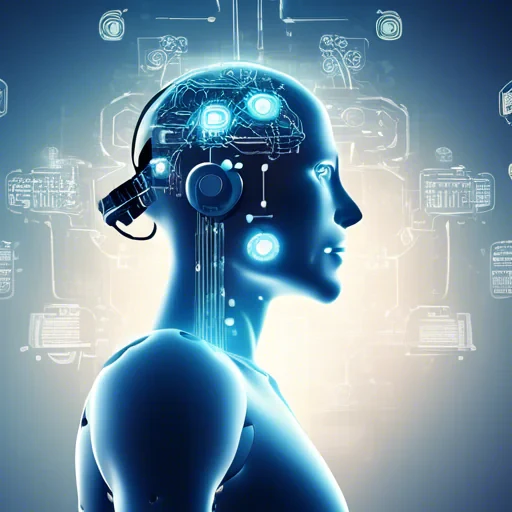
What is Artificial Intelligence (AI):
Artificial Intelligence (AI) refers to the intelligence demonstrated by machines, designed to emulate the cognitive abilities of the human mind. It involves creating systems with the capacity to interpret external data, learn from that data, and use the learnings to achieve specific goals and tasks through flexible adaptation.
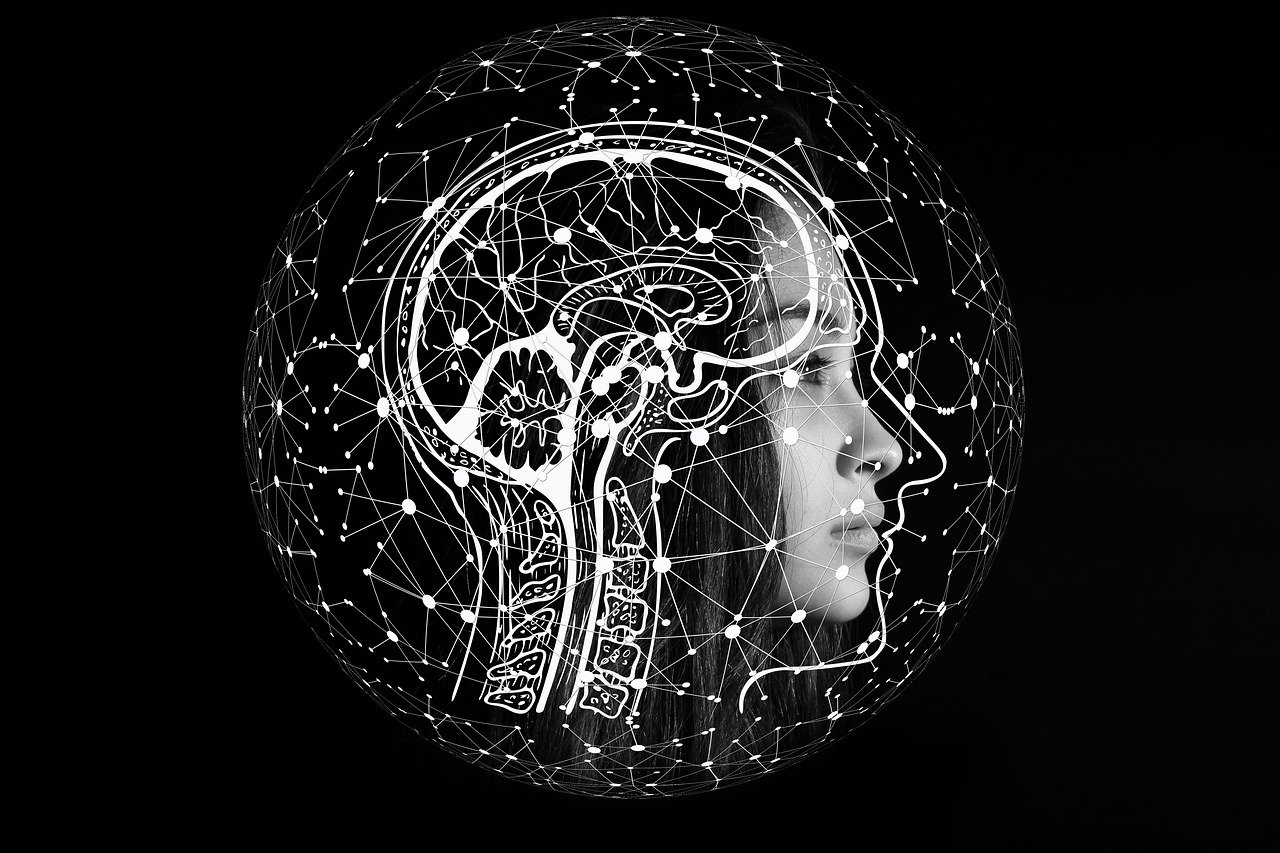
Weak AI vs. Strong AI:
There are two distinct types of AI: Weak AI (or Narrow AI) and Strong AI (or Artificial General Intelligence, AGI). Weak AI is designed to perform a narrow task, such as facial recognition, Internet search, or self-driving cars. Current "AI" systems primarily operate as Weak AI, focusing on a narrowly defined specific function.
On the other hand, Strong AI is the speculative intelligence of a machine that has the capacity to understand or learn any intelligent task a human being can, thus assisting humans in unraveling complex problems. While Narrow AI may outperform humans in specific tasks, Strong AI could potentially outperform humans at nearly every cognitive task.
AI's Impact on Human Society:
Potential Negative Impacts:
- Social Disruption: AI could disrupt the way humans live and interact within communities, diminishing face-to-face interactions as AI replaces the need for personal gatherings
- Unemployment: Many jobs and tasks traditionally performed by humans could be replaced by AI and machinery, leading to widespread unemployment.
- Wealth Inequality: The investors and creators of AI technology may accumulate a disproportionate share of the earnings, widening the gap between the rich and the poor.
- Uncontrolled Progression: As AI systems become more advanced, they may evolve to a point where humans can no longer control or predict their behavior, potentially causing unintended consequences.
- Bias and Discrimination: AI systems could reflect and perpetuate the biases and prejudices present in the data they are trained on, leading to discriminatory outcomes.
Potential Positive Impacts:
1. Healthcare Improvements:
- Fast and Accurate Diagnostics: AI systems like IBM's Watson can quickly analyze data and provide accurate diagnoses, as well as suggest various treatment options.
- Therapeutic Robotics: Socially assistive robots can improve the quality of life for seniors and physically challenged individuals, providing companionship and assistance with daily tasks.
- Reduced Human Error: AI does not suffer from fatigue or emotional distraction, reducing errors caused by human factors.
- Precision Surgery: AI-based surgical procedures, such as the da Vinci surgical system, enable a degree of precision and accuracy far greater than manual procedures.
- Improved Radiology: AI algorithms can analyze medical scans and detect specific diseases more accurately.
- Virtual Presence: Remote diagnosis and consultation through virtual presence technology allow specialists to assist patients without being physically present.
2. Industrial Automation: AI can automate various industrial processes, increasing efficiency, productivity, and safety.
3. Scientific Research: AI can assist in analyzing vast amounts of data, identify patterns, and accelerate scientific discoveries in fields like astrophysics, genetics, and climate science.
4. Transportation and Logistics: Self-driving vehicles and AI-powered logistics systems can improve transportation safety, reduce emissions, and optimize supply chain operations.
5. Education and Personalized Learning: AI-driven adaptive learning systems can personalize educational content and methods based on individual student needs and learning styles.
Ethical Considerations and AI Bioethics:
As AI becomes more prevalent, there is a growing need for ethical guidelines and principles to govern its development and application. The key ethical considerations include:
Transparency and Accountability:
AI systems must be transparent, auditable, and subject to accountability standards. Their decision-making processes should be explainable and interpretable, especially in high-stakes situations like medical diagnosis or criminal justice.
Bias and Fairness:
AI algorithms must be designed and trained to be unbiased and fair, avoiding discrimination based on race, gender, age, or other characteristics. Continuous monitoring and mitigation of biases are essential.
Privacy and Data Protection:
Personal data collected and used by AI systems must be secure, private, and accessible only to authorized entities. Strict data protection measures should be in place to prevent misuse or unauthorized access.
Human Autonomy and Oversight:
AI should not manipulate or coerce human behavior, and humans should retain the ability to intervene and oversee decisions made by AI systems, especially in critical domains.
Environmental Sustainability:
The development and deployment of AI systems should prioritize environmental sustainability and promote positive social change.
Suggested Principles for AI Bioethics:
- Beneficence: The purpose and functions of AI should benefit the entire human society, life forms, and the universe. Any AI that could potentially cause destruction or harm must be avoided and forbidden.
- Value-Upholding: AI must align with universal social values, moral norms, and ethical principles. It should be bias-free and designed to enhance human well-being.
- Lucidity: AI technology should be transparent, easily comprehensible, detectable, incorruptible, and perceivable. Public auditing, testing, and accountability standards are necessary.
- Accountability: AI designers and developers must bear responsibility for the outcome and impact of their creations on human society and the universe.
common questions:
Q1: Can AI systems truly be free of bias?
While it is challenging to eliminate all biases, continuous efforts must be made to recognize and mitigate biases in AI systems. This includes carefully curating and auditing the data used for training, as well as implementing fairness constraints and testing methodologies.
Q2: How can we ensure AI adheres to ethical principles?
Establishing clear ethical guidelines and governance frameworks is crucial. This includes involving interdisciplinary teams of ethicists, policymakers, and domain experts in the development and deployment of AI systems. Additionally, ongoing monitoring, auditing, and adjustment mechanisms should be in place.
Q3: Will AI eventually surpass human intelligence?
While the development of Strong AI or Artificial General Intelligence (AGI) that can match or exceed human intelligence in all domains is a long-term goal for some researchers, there is currently no consensus on whether this is achievable or desirable. Ethical considerations and safeguards must be carefully evaluated as AI capabilities advance.
Conclusion:
Artificial Intelligence has the potential to revolutionize nearly every aspect of human society, from healthcare and education to transportation and industry. However, its widespread adoption also raises significant ethical and societal challenges that must be addressed proactively. By prioritizing transparency, fairness, privacy, and human oversight, we can harness the transformative power of AI while mitigating its potential negative impacts, ensuring a future where AI serves humanity's best interests.



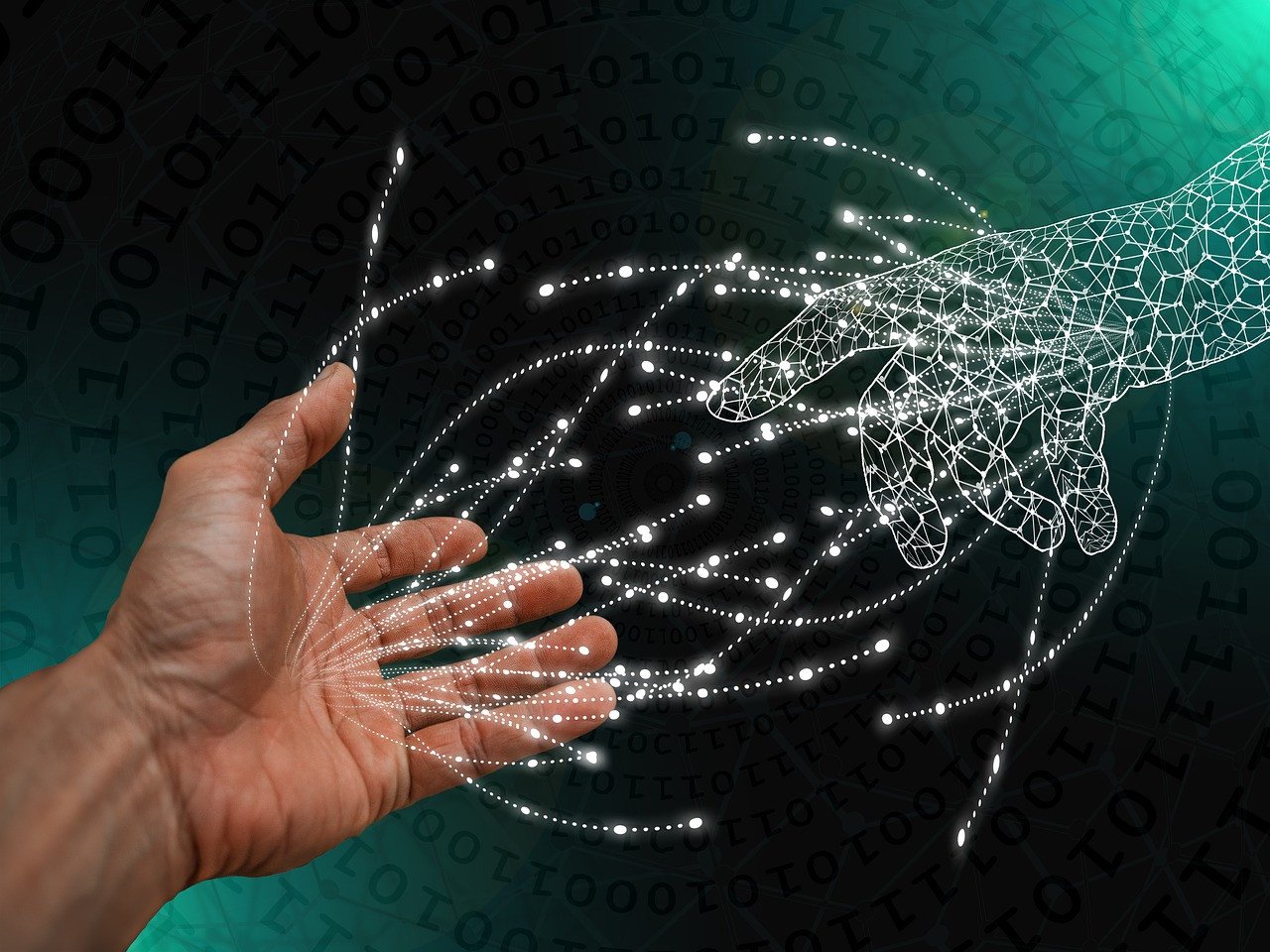
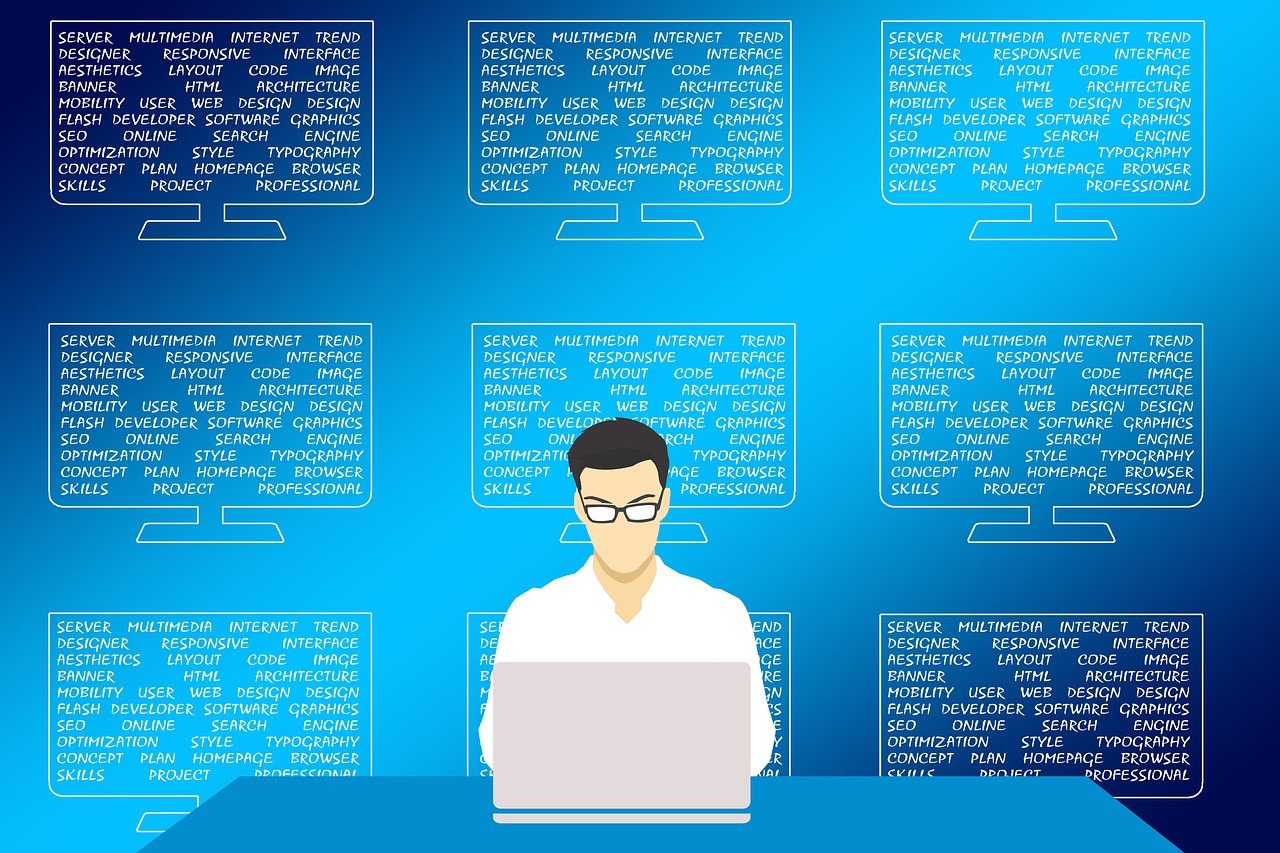
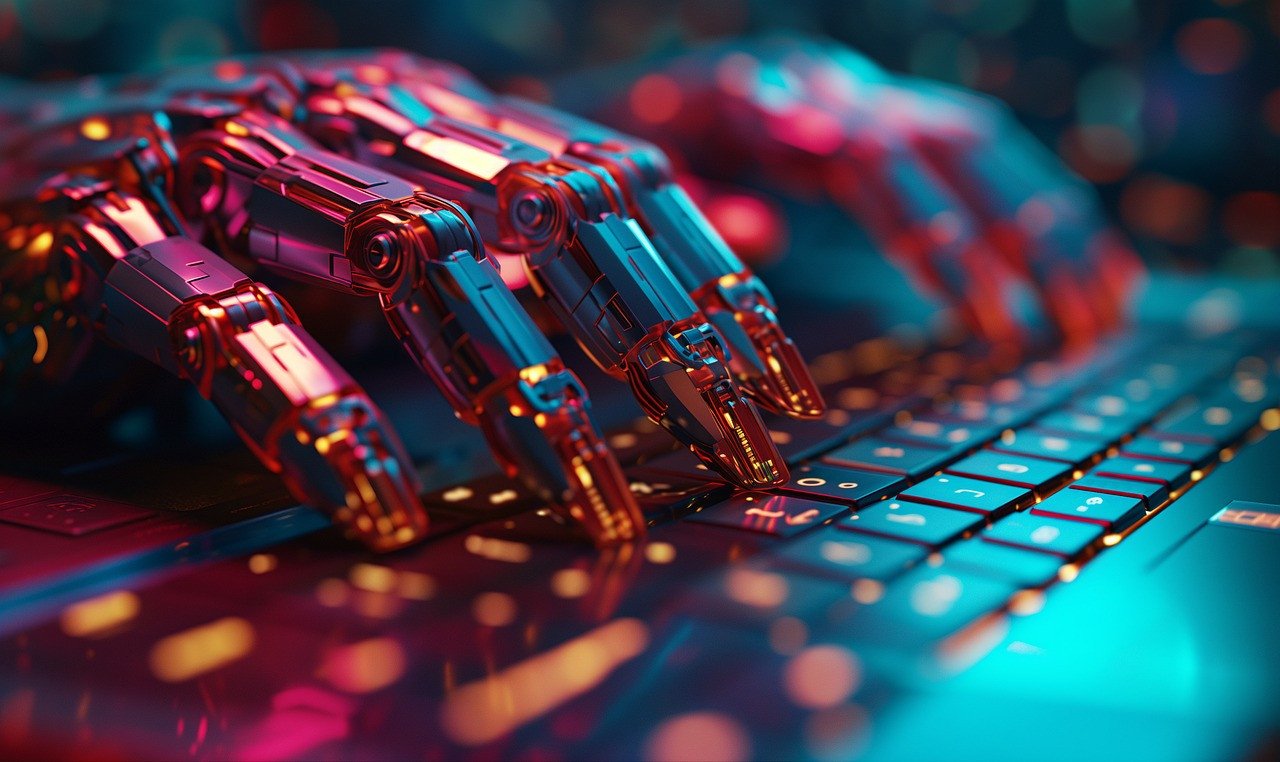

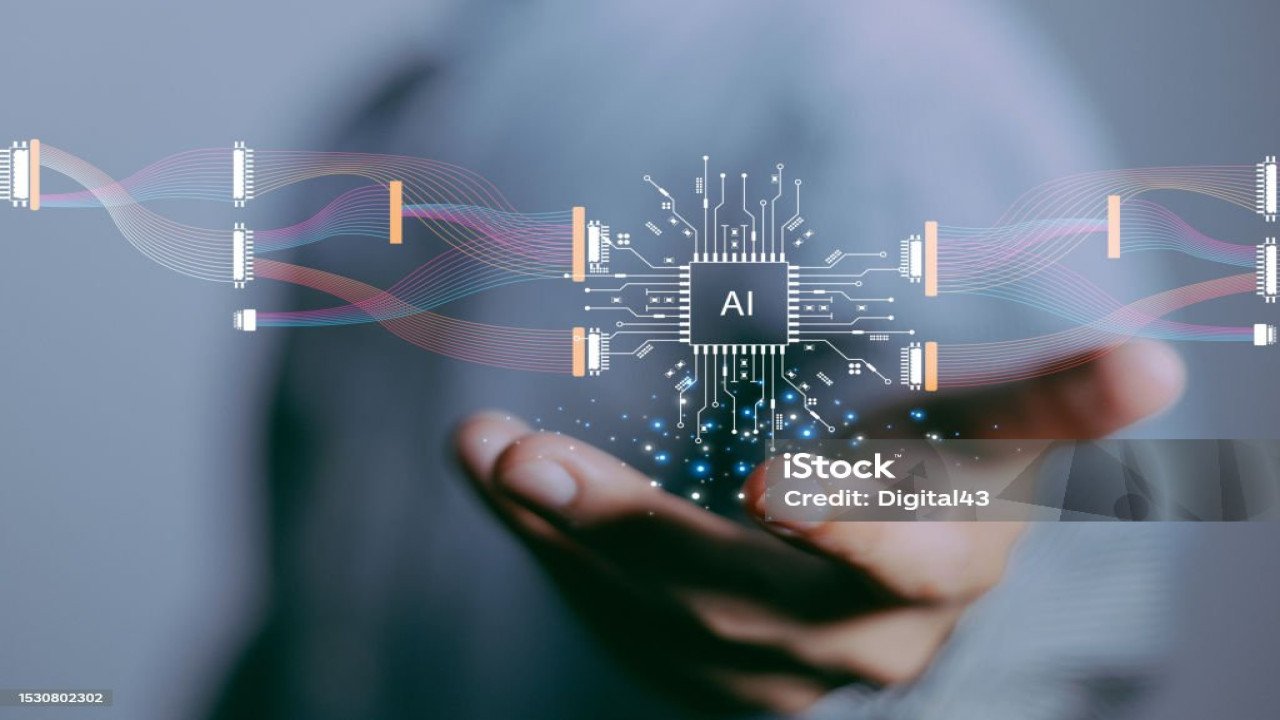

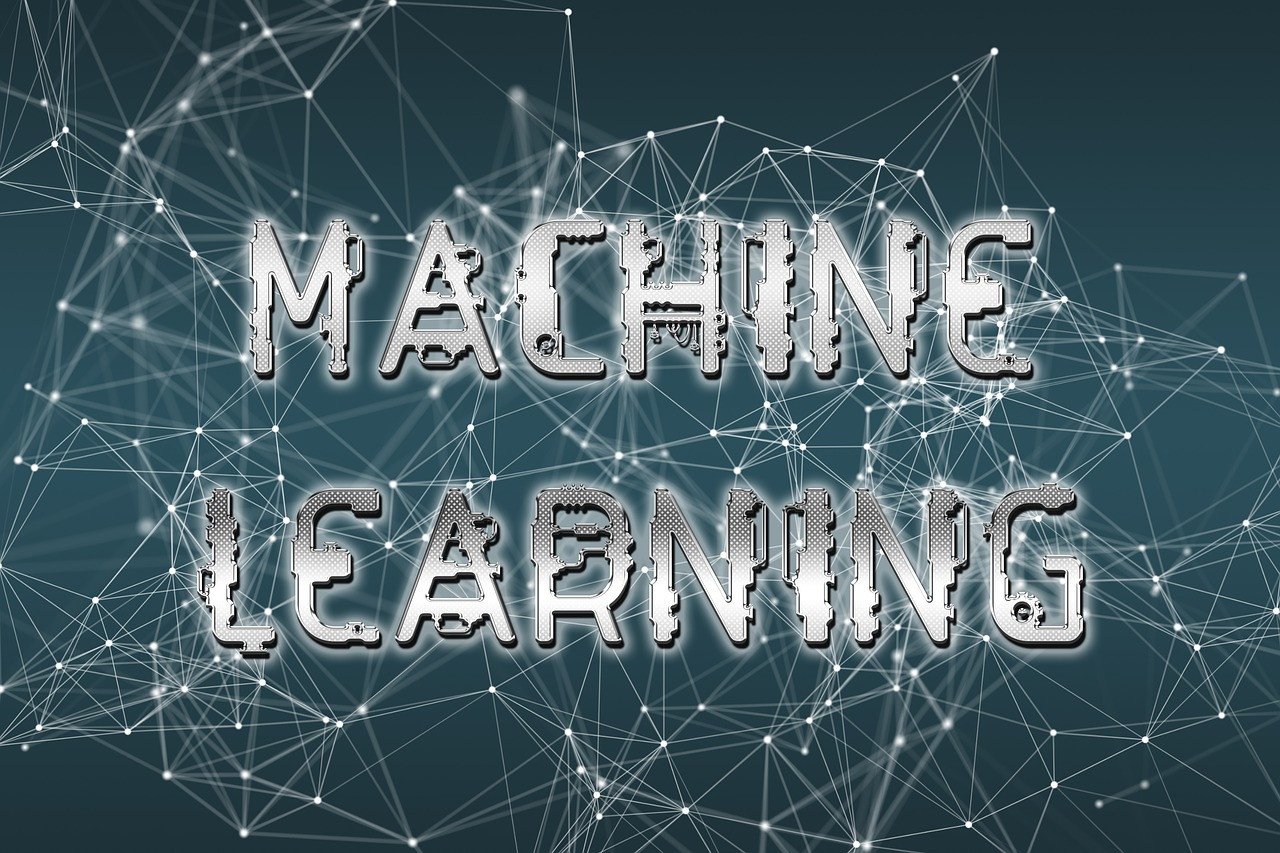
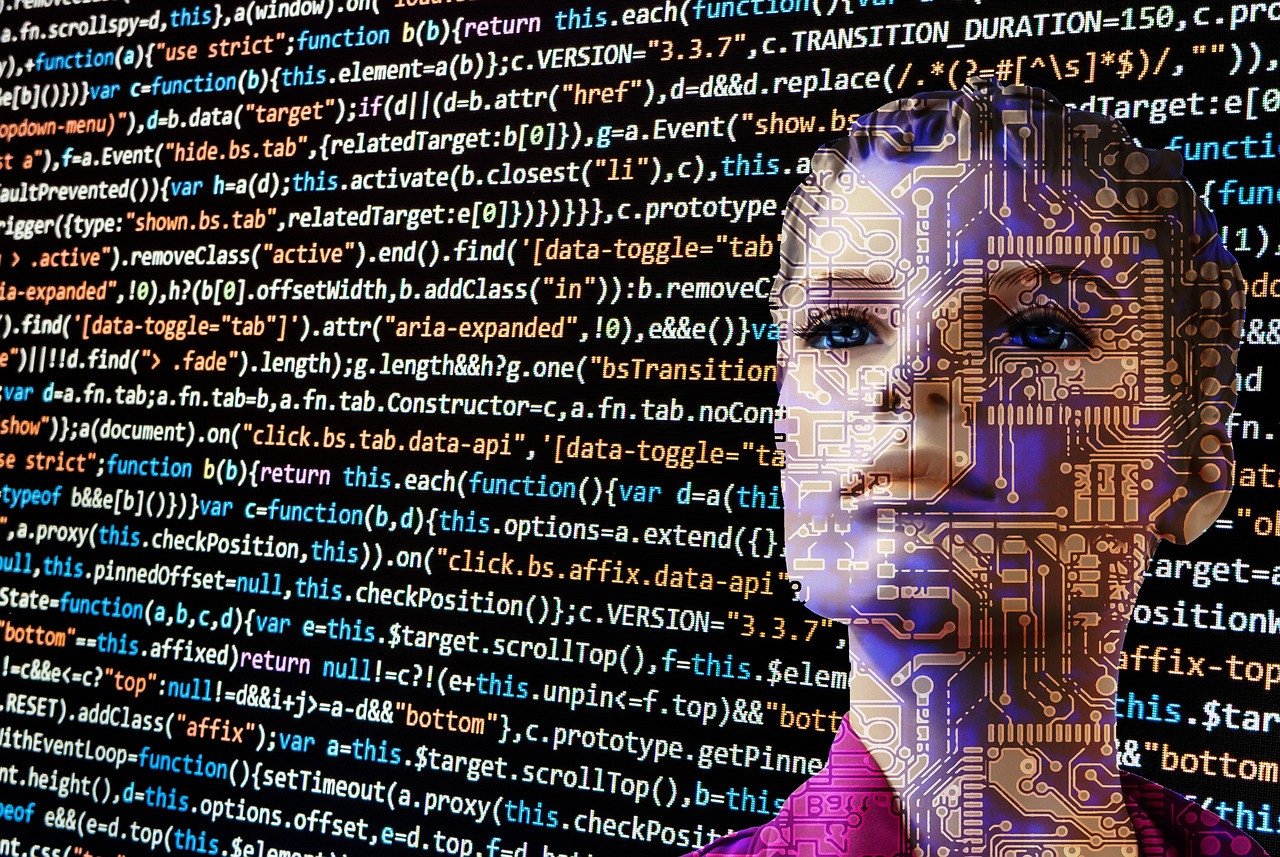
Comments (0)
No comments found